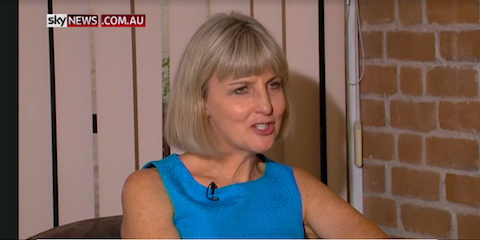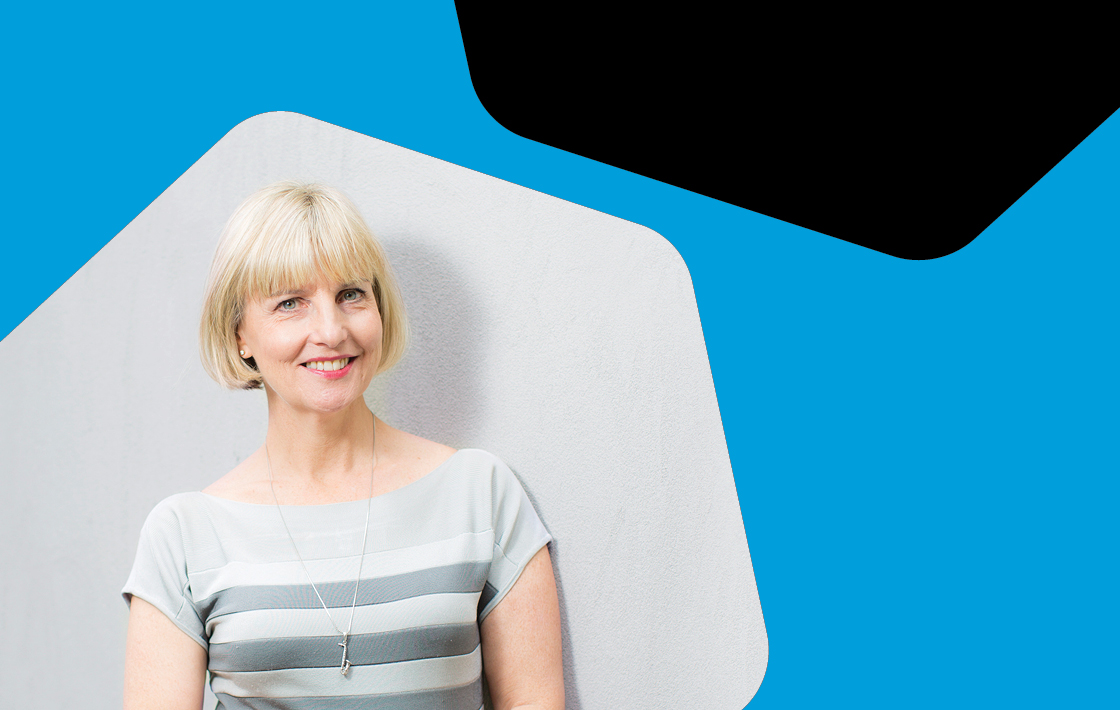
Decades of research shows that children on the autism spectrum make far greater progress in mainstream classrooms than in specialist settings.
In the wake of World Autism awareness day, a campaign has been launched by Amaze called Spectrospective; a short film that will play in cinemas.
Sky News' Ahron Young had a chance to speak with Amaze CEO Fiona Sharkie.
Follow the link below to see the video ...
Note: A4's 2012 challenge to Inclusionists (see http://a4.org.au/node/458) remains open and unanswered.
from https://www.skynews.com.au/details/_5748729748001
‘Autistic students learning differently doesn’t mean we should have lower expectations of educational outcomes”.
Decades of research show that children on the autism spectrum make far greater progress in mainstream classrooms than in specialist settings.
In the lead-up to World Autism Awareness Day, April 2, Amaze CEO Fiona Sharkie appeared on Sky News to talk to Ahron Young about the meaning of inclusion in education.
AY: Talk to us about the benefits of an inclusive education for autistic students.
FS: “The benefits are wider than just for autistic students because the research is absolutely conclusive that the more we have a diverse group of students, students with a disability working with students without disabilities, the results go up overall for all students.
“That’s because schools need to be representing the wider society and we are a very diverse society. And seeing the benefits of working with people with disability is just part of the life we will be living going forward.”
AY: All students benefit in mainstream, or do we still need specialist schools?
FS: “The research is really conclusive on that _ from a research and evidence point of view that students with a disability, students on then spectrum, fare better in mainstream schools.
“However there’s a caveat there because schools need to build their skills, their capability, they need to be resourced adequately to be able to provide a truly inclusive environment.
“We could argue there are different opportunities for students in mainstream schools. I’ve had parents of autistic students in special schools saying, for example, ‘he doesn’t get to go to a sports day’.
“All students do better in mainstream schools.
“The other thing this goes to is a higher expectation, perhaps, of academic outcome. When you are surrounded by a more diverse group of students you can see the different levels of capability. Many schools, mainstream and special, have quite low expectations of autistic students and that’s what we’re really trying to push against .
“Autistic students just learn differently, it doesn’t mean we should have lower expectations of their educational outcomes”.
AY: How does inclusive education happen. Who’s in charge of that?
“We know in Victoria, particularly, we are seeing great changes by the education minister. He is totally committed to producing inclusive school environments.
“From a school level, it has to start right at the top, with principals down. We need principals who will embrace every autistic student coming to enrole at their school. We need principals who say, ‘we are committed to making a school environment where every student can achieve’.”

AY: It’s one thing to say that. I’m sure that if you were to ask any principal if they want an inclusive school not many are going to say no. But there will be a lot of parents saying, ‘in my experience with my child it hasn’t been the case’. So how do you actually implement it?
FS: “It gets down to building skills and resourcing . Principals need to understand what autistic students need: sensory friendly environments, adjustments like light and sound and textures. And they learn differently and have different ways of processing information. Principals and teachers need to know what to do to adapt to these different learning styles.”
AY: What have we learnt from Pauline Hanson setting the cat among the pigeons last year?
FS: “We did provide advice to Miss Hanson’s office saying you need to have your facts about that (inclusive education). As we said, the evidence is clear that autistic students should be in mainstream schools, as with all students with disabilities.
“She didn’t have the facts right. It’s why we need to dispel the myths about autism, not being able to learn or achieve.”
transcript from http://www.amaze.org.au/2018/03/pushing-against-schools-that-have-low-e…
